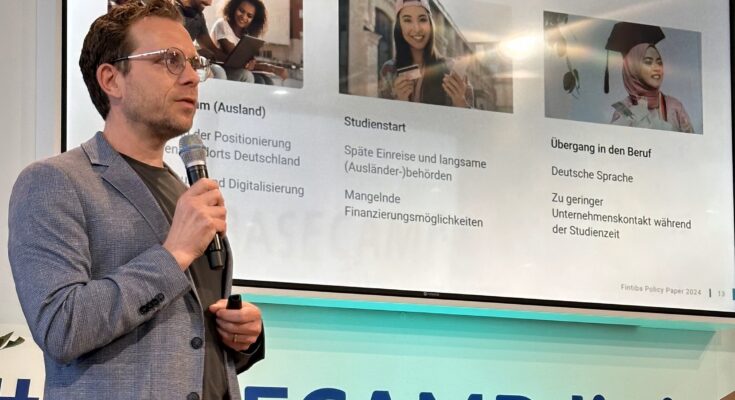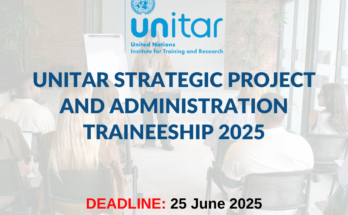In 2023, Fintiba published an Insights Paper about the Integration of Internationals in Germany. The motivation behind the paper was to explore how internationals could be better supported to integrate into the German society to be able to fill the skilled worker gap in Germany. The paper is based on a study conducted by Fintiba where over 9.000 international students and expats participated in a survey.
In collaboration with our partner, Stifterverband, we also used the study results to publish a policy paper, which takes an even deeper focus on the integration of international STEM (MINT in German) students to help them assimilate into the German job market. For this, the insights and experience of over 7,000 international students were analysed.
Germany has about 368,000 international students, making it one of the most attractive study abroad destinations in the world. Overtaking Canada, Australia, and New Zealand, Germany has the highest retention rate of international students in the world, at 45%. In addition, STEM subjects appear to be of a great interest to many international students, more than German students.
The paper acknowledges that well-educated and qualified STEM specialists are a vital element of economic success and the future viability of a technology-orientated country. However, Germany is currently suffering from a labour shortage of almost 290,000 people in the relevant STEM fields.
A possible measure to close this skilled worker gap includes successfully integrating STEM international students into the German society and labour market. The policy paper explores what prevents international students from staying in Germany in the long term as well as what universities, companies and politicians need to change in order to encourage STEM specialists to stay in Germany.
DOWNLOAD THE STUDY HERE
Publication of the policy paper
The policy paper was presented at Basecamp Berlin in cooperation with the National MINT Forum. During the event, professionals had a podium discussion on what needs to be improved to make the integration process into German society and the German job market smoother and better for international students. Highlights of the discussion included:
- Radically simplifying processes relating to visas, residence permits and registration in Germany by making them more digital, fast and supportive to save time and improve the German service culture
- Providing better financial support to international students in the form of scholarships or student loans
- Encouraging universities to expand their internationalisation strategy to address the social environment and the retention of international students
- Recognising that the integration of internationals into the job market requires more effort from the society and politics and needs a culture open to diversity
Fintiba’s COO, Jonas Marggraf, presented findings from the paper and also took part in the podium discussion. Another one of the panelists was Tuğçe Ormanci, a former Fintiba Scholarship winner, who is currently studying chemical engineering in Berlin. She represented and amplified the voices of many international students in Germany during the podium discussion.
Source link



